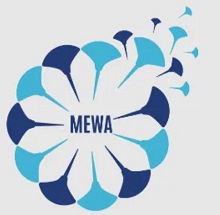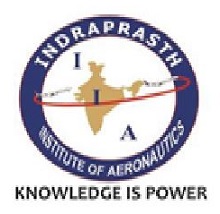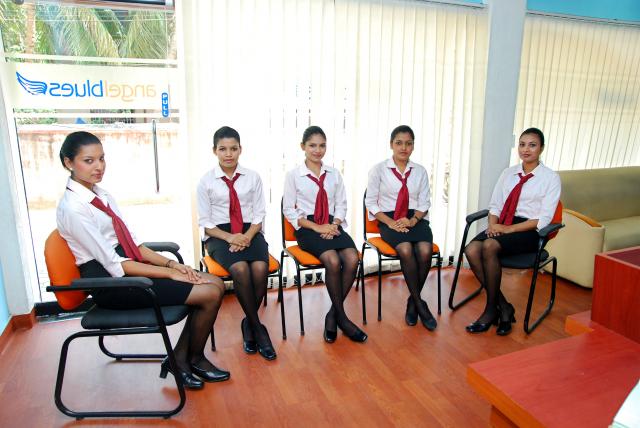Agragami Institute of Management and Technology (AIMT) in Yelahanaka, Bangalore, has established itself as a notable institution for management education since its inception in with a focus on blending academic rigor with industry-relevant training, the institute prioritizes placements as a core component of its educational framework. The placement outcomes reflect a commitment to bridging classroom learning with real-world corporate demands, particularly in aviation and general management sectors. The latest placement data showcases distinct trajectories for undergraduate and postgraduate programs:
Table of Contents
AIMT-Placement Overview
| Branch/Course | Average Package (LPA) | Highest Package (LPA) | % Placed / No. Placed | College Average Placement (LPA) | Additional Info | Student Review on Placement Data |
| BBA | 3.5 | 5 | 70% | 4 | Aviation sector placements | No reviews available |
| MBA/PGDM | 5.5 | 8 | 80% | 4 | General management placements | No reviews available |
AIMT-Placement Performance Analysis
The BBA program demonstrates strong alignment with aviation sector needs, where 70% of graduates secure positions averaging ₹3.5 LPA, with top offers reaching ₹5 LPA. This niche focus capitalizes on India’s expanding aviation industry, which demands skilled professionals in operations, logistics, and customer management. The MBA/PGDM cohort outperforms with an 80% placement rate, averaging ₹5.5 LPA and peaking at ₹8 LPA for roles in marketing, finance, and operations. This divergence highlights the premium placed on specialized postgraduate training in broader management functions.
AIMT-Institutional Placement Framework
AIMT employs a multi-phase placement strategy beginning with industry-aligned curriculum design. Courses integrate case studies, live projects, and sector-specific modules especially aviation for BBA to ensure skill relevancy. The corporate engagement model includes:
- Annual industry conclaves connecting students with sector leaders
- Dedicated pre-placement workshops covering aptitude tests, group discussions, and interview simulations
- Summer internship mandates with partner organizations to build experiential credibility
Recruiter partnerships span aviation firms, retail giants, financial services, and consulting enterprises, though specific company names remain undisclosed in available data. The absence of student reviews suggests potential for enhanced feedback mechanisms to refine future processes.
AIMT-Sectoral Opportunities and Trends
Aviation management roles for BBA graduates benefit from India’s position as the world’s third-largest aviation market, with projected 8-10% annual growth. Positions typically include airport operations, cargo logistics, and airline customer experience management. For MBA graduates, general management pathways leverage India’s expanding service economy, where demand for leadership roles in e-commerce, fintech, and consumer goods remains robust. Emerging domains like sustainability management and AI-driven decision analytics present new avenues for future curriculum enhancement.
AIMT-Career Development Infrastructure
Beyond placements, AIMT fosters career readiness through:
- Skill augmentation labs focusing on data analytics and communication proficiency
- Entrepreneurship cells guiding startup ventures
- Alumni mentoring networks facilitating industry exposure
These initiatives address evolving employer expectations, particularly the rising emphasis on adaptive leadership and digital literacy in management roles.
AIMT-Future Trajectory
While current placement metrics indicate consistent recruitment, expanding recruiter diversity beyond regional players could elevate package competitiveness. Introducing specialized tracks in emerging areas such as aviation analytics or tech management would align with macroeconomic shifts. The institute’s established industry linkages and infrastructure provide a foundation to scale these opportunities. AIMT’s placement ecosystem effectively translates academic delivery into career outcomes, with measurable success across its flagship programs. Continued focus on sector-specific skill development positions students to navigate India’s dynamic management landscape successfully.









